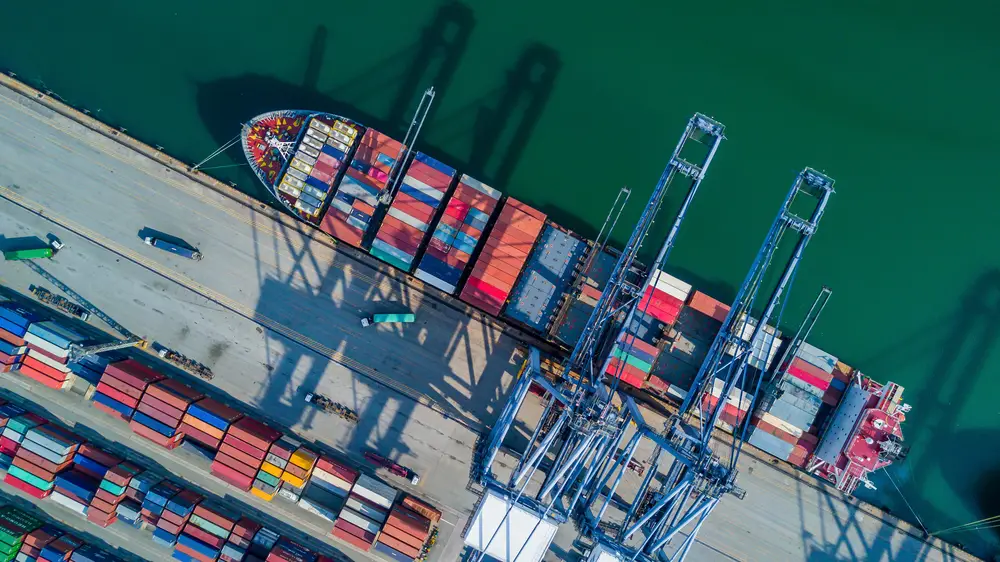China has launched the first all-electric cargo ship. According to China Daily, the 230 foot long vessel is equipped with a 2,400 kWh lithium-ion battery that stores enough electrical energy to transport 2200 tons of cargo a distance of 50 miles on a single charge at a top speed of about 8 miles per hour.
Time to recharge the battery is given as 2 hours, which is approximately the time needed to unload the ship at its destination.
“As the ship is fully electric powered, it poses no threats to the environment. The technology will soon be likely … used in passenger or engineering ships,” said Huang Jialin, chairman and general manager of Hangzhou Modern Ship Design & Research Co, which designed the electric cargo vessel. The battery for the ship is comprised of 1,000 individual lithium-ion packs. Adding enough power to carry more cargo is simply a matter of adding more battery packs.
CSSC stands for China State Shipbuilding Corporation. The new ship has two primary benefits. First, it will emit no carbon emissions while underway. Cargo vessels tend to be some of the biggest carbon pollution sources in the entire transportation sector. Second, it will lower the cost of transportation for bulk cargoes because the price of electricity is lower than the price of diesel fuel
Here’s the bad news: The all-electric cargo ship will be used primarily to transport coal to generating stations along the Pearl River.
So, imagine this — the world now has a ship that can claim to be zero emissions even though it is powered by electricity generated by burning coal, one of the dirtiest of fossil fuels in terms of carbon emissions, and is used to transport coal more cheaply.
“This kind of ship takes into consideration the harmony between humans and nature and can protect water quality and marine life, and should be copied by other ships sailing on local rivers,” says Chinese environmentalist Wang Yongchen. That much is correct. The same technology that makes the new electric collier possible can also be used to power ferries, container ships, or other vessels used for short haul coastal shipping.
The Chinese should be applauded for advancing the idea of electric propulsion for ships, but using clean power to lower the cost of shipping coal to electric generating plants illustrates how far the world has to go before a zero-emissions world becomes a realistic possibility.


